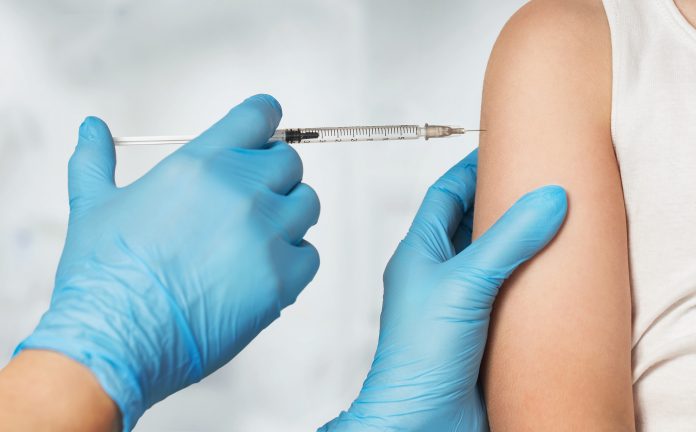
Looking to address gaps in publicly available pipelines that predict clinically relevant neoantigen targets, researchers at the Ludwig Institute for Cancer Research have developed a full, AI-enabled, start-to-finish computational pipeline that integrates both multiple molecular and genetic analyses of tumors with mass spectrometry data for the development of personalized cancer vaccines.
Details of the new computational tool, called NeoDisc, were published recently in the journal Nature Biotechnology.
“NeoDisc provides unique insights into the immunobiology of tumors and the mechanisms by which they evade targeting by cytotoxic T cells of the immune system,” said senior author Michal Bassani-Sternberg, PhD, assistant professor of immunopeptidomics at the Lausanne Branch of the Ludwig Institute for Cancer Research. “These insights are invaluable to the design of personalized immunotherapies, and the analytical and computational pipeline at the heart of NeoDisc is already being used here in Lausanne for clinical trials of personalized cancer vaccines and adoptive cell therapies.”
Many cancer types harbor multiple random mutations that should make them more visible to the immune system. These mutations generate aberrant proteins that cells, even cancerous ones, are programmed to cut into short pieces—known as peptides—which then “present” as antigens to invite an attack by T cells.
While these neoantigens are being used to develop today’s immunotherapies and vaccines to treat cancerous tumors, the wide diversity of these peptides is one of the major reasons why immunotherapy approaches are ineffective against a large proportion of cancer patients.
Developing more personalized treatment approaches for patients poses a big challenge since not all neoantigens are recognized by every patient’s T cells and, even when they are, may not provoke a potent enough T cell response to effectively attack cancerous tumors.
To design personalized immunotherapies, researchers must conduct large-scale, in depth analyses of cancer mutations that generate potential neoantigens, the HLA molecules that present them to the T cells and the molecular characteristics that will allow their recognition by T cell receptors. Potential personalized immunotherapies are informed by the analysis of tumor and blood cells that represent the healthy genome of the patient, transcriptomics, and the analysis of what is called the immunopeptidome conducted by mass spectrometry.
NeoDisc, is one of the first technologies that integrates genomic, transcriptomic, and immunopeptidomics into a single pipeline to predict, via AI, which neoantigens identified in a specific patient’s should be harnessed to create personalized cancer vaccines. NeoDisc can detect various types of tumor-specific antigens, including neoantigens, and apply machine learning and rule-based algorithms to prioritize those most likely to elicit a T-cell response.
“NeoDisc can detect all these distinct types of tumor-specific antigens along with neoantigens, apply machine learning and rule-based algorithms to prioritize those most likely to elicit a T cell response, and then use that information to design a personalized cancer vaccine for the relevant patient,” said first author Florian Huber, a bioinformatician at the Ludwig Institute.
In addition, NeoDisc ranks the potential antigens it detects and generates visualizations of cancer cell heterogeneity within tumors.
“Notably, NeoDisc can also detect potential defects in the machinery of antigen presentation, alerting vaccine designers and clinicians to a key mechanism of immune evasion in tumors that can compromise the efficacy of immunotherapy,” Bassani-Sternberg noted. “This can help them select patients for clinical studies who are likely to benefit from personalized immunotherapy, a capability that is also of great importance to optimizing patient care.”
The study demonstrated that NeoDisc provides a more accurate selection of effective cancer antigens for vaccines and adoptive cell therapies than other currently used computational tools.
While NeoDisc offers promising initial results, the Ludwig team acknowledge its limitations, stating that the “quality and depth of the input data can substantially influence the accuracy of antigen identification and prioritization.” Nonetheless, the computational framework is currently being used in Phase I clinical trials for personalized cancer vaccines and adoptive T cell therapies in Switzerland, providing a significant advancement in tailoring cancer treatment to individual patients. However, the researchers highlighted that different regulations may apply for clinical implementation in other regions.
Next steps for the Ludwig researchers will be to continue feeding data to NeoDisc from a variety of tumor types, as well as the integration of additional machine-learning algorithms to continue its training to improve the accuracy of its predictions.





